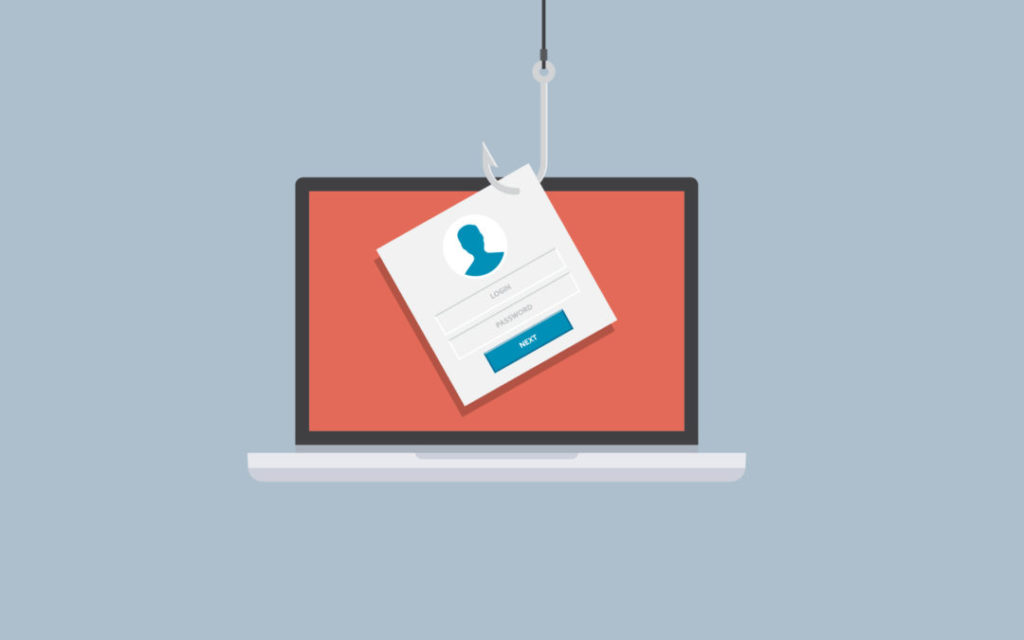Have you ever been to a trade show? They are spectacles. Hundreds, sometimes thousands, of people assemble to discuss their trade. Some of the cooler ones are the Electronics Entertainment Expo (video games), SEMA (cars and trucks), and NAMM (music products). Whatever your vice, super-specialized brands and merchants congregate to discuss it at a convention center somewhere. In parallel with the tech boom, even the cybersecurity industry has its own main event (RSA).
However, with technology pushing the limits of our imagination every day, you can bet there are bad people attempting to exploit it and you.
So what advice would the cybersecurity industry give you to protect yourself from hackers, impostors, and robocallers?
In this article, we cover:
- The growing importance and urgency of cybersecurity.
- How to block hackers from your phone.
- Protecting your digital identity.
The FTC’s Consumer Sentinel Network took in more than 3.2 million reports in 2019. Of those reports, 1.7 million were fraud reports totaling $1.9 billion in losses. Identity theft was the No. 1 type of fraud reported (650,572 reports), followed closely by imposter scams (647,472 reports). The third highest form of fraud reported? Telephone and mobile services (186,475 reports). Concurrently, the cybersecurity market raked in $103.1 billion in 2019, a 9.4 percent increase over 2018, and is projected to surpass $133.8 billion in 2002. Luckily, we have some free advice to keep you and your phone secure.
Telephone and mobile services were the third most highest form of fraud in 2019.
1. Keep Your Smartphone Up to Date
Apple and Google constantly roll out updates not just to give us new emojis and widgets, they’re often shutting down vulnerabilities in their OSes. Stay current. App developers are doing the same, so it’s also a good idea to hit the update button on your apps as well.
2. Beware Public Wi-Fi Hotspots
While it may be very convenient to syphon some free bandwidth from your local coffee shop, just remember you’re relinquishing part of your chain of security too. Do so at your own peril.
3. Lock Your Phone
Once upon a time, it was a major drag to peck in your passcode everytime you wanted to unlock your phone. Nowadays, we have things like Touch ID and Face ID to speed up the process. Nevertheless, biometric unlocks are still rooted in a faithful passcode, so (even if it’s a pain) always opt for a six-digit combination over the easier-to-crack four-digit combo.
4. Be Stingy With Your Phone Number
Just like you wouldn’t want your number scribbled on the wall of a public restroom, giving out your digits willy-nilly for every online offer or account registration you come across could expose you even worse. Add a second number for those situations and preserve the sanctity of your main line.
5. Don’t Overshare
Much like protecting your phone number, don’t share too many personal details on your social media. There are some pretty clever people out there who are deft at piecing together the intimate details of a person’s life through a little simple social engineering.
6. Keep Your Phone Clean
Your phone is your digital wallet. It often contains personal information, financial records, and other sensitive data. Do you, for instance, keep account usernames and passwords in your notes app? If you misplace your phone, and someone else is able to gain entry, a bad situation could become much worse. Apple Notes now allows you to password protect individual notes. Also keep in mind that you can usually remote wipe your phone, although that’s a bit of a nuclear option. Best not to leave yourself too vulnerable in the first place.
7. Use Two-Factor Authentication
A few years ago, two-factor authentication (2FA) might have felt like a bit much, but now it’s the norm and authenticator apps can remove some of the friction. And it serves as a fail-safe if you do indeed end up fumbling your password list.
8. Chose Strong Passwords
Look, we don’t know who needs to hear this, but please don’t use your birthday or your children’s birthdays as passwords. No 1-2-3-4 or 0-0-0-0 either. Do we need to have an intervention? Your phone will generate a strong password at random for you and keep it in your password vault. Do that. Don’t play around.

9. Don’t Get Phished (Or Vished)
Be skeptical of everything. Banks don’t tend to text you. The authorities never ask for your savings over the phone. Your car warranty is not expired. And sorry, but no Nigerian prince will ever give you, a stranger, a million dollars. Don’t fall for it. Better yet, just ask to call them back through their main phone number. If they’re trying to deceive you, they’ll discourage you from any action that would otherwise discredit their identity.
10. Backup Your Phone
Don’t allow the loss of your phone to mean the loss of all your valuable files, documents, and photos. Keep what you need on you, leave the rest at home.
11. Active Device Tracking
We get the impulse to avoid sharing every intimate detail of your life on the cloud, but this one has some real utility when you’ve misplaced your phone. Not only can you find it on a map, but if it’s just lost in the couch cushions, you can have it play an audible ping to help dig it out.
12. Only Download Trusted Apps
The Google, Facebook, and Microsoft apps of the world offer top-notch security not just for you but for themselves. However, that obscure app that you may be tempted to download for one insignificant task — the one that has no reviews on the app store — maybe pass that one up in favor of an app from a reputable developer.
13. Don’t Jailbreak Your Phone
You can do some cool stuff with a jailbroken phone, but is it really worth it? If you do, not only are you playing outside Apple’s ecosystem, your warranty is voided and you’re fresh out of luck if something goes wrong.
Did we leave anything out? Comment below and tell us how you keep your personal information and cell phone secure!
We’re experts at protecting your device and your sensitive information. Block robocalls, swat away phishing attempts, send away suspicious callers, and more with a free YouMail personal plan or a competitively priced professional plan.
You might also like:
- How to Choose the Right Voicemail System for Your Small Business

- 5 Productivity Tips for Small Businesses Looking to Maximize Customer Relations

- Productivity Tip: How to make sure that every missed caller receives a premium experience with a virtual receptionist

- 3 Ways to Identify Political Scam Calls During the Midterm Elections



Good Stuff
Thanks!